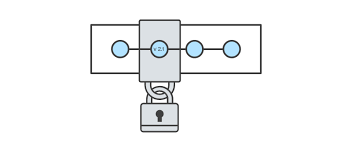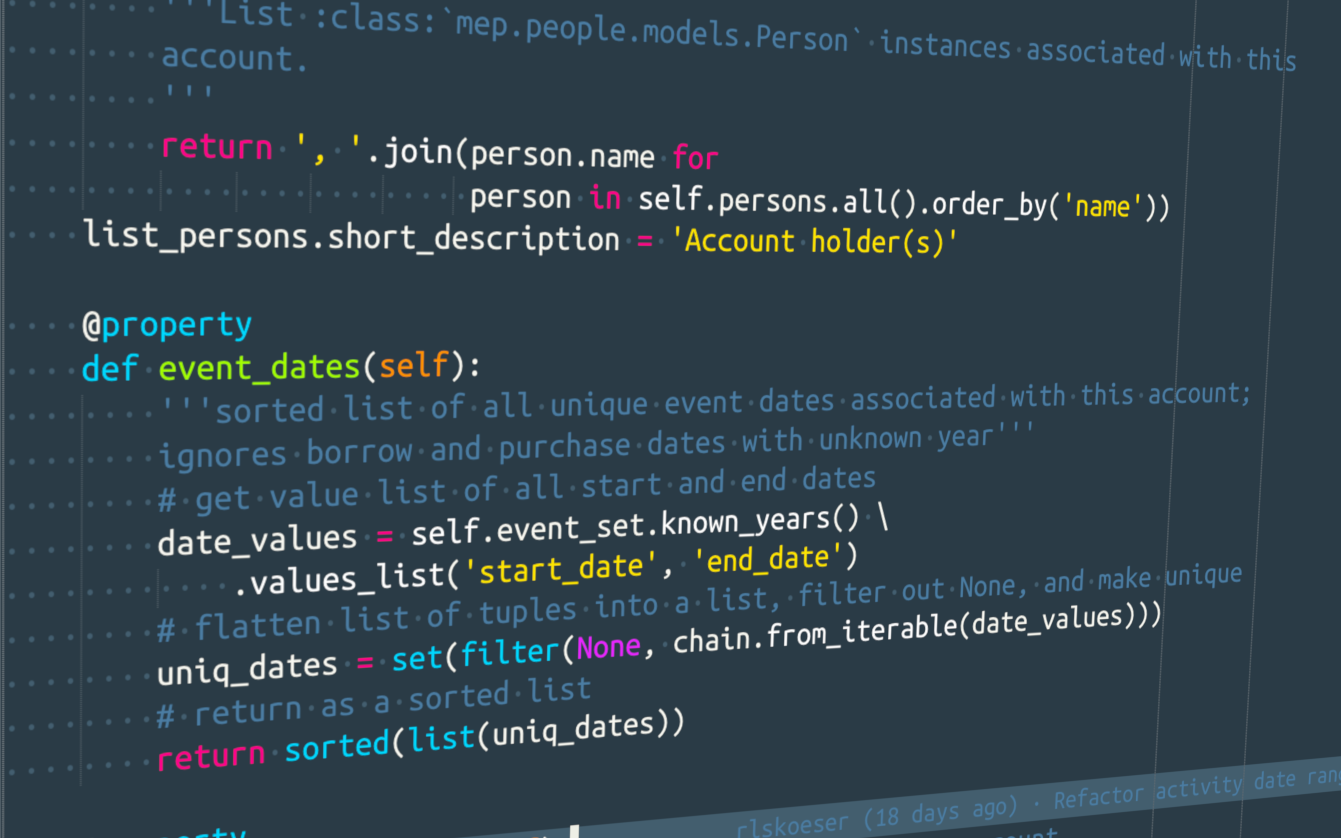You’ve probably heard horror stories and inside jokes about improper coding techniques if you’ve ever been around devs. While developing an application, sooner or later, it’s inevitable to run into bad practices. However, it doesn’t have to be that way.
Here are the top 10 best practices in tech when writing code:
1. Write Clean and Readable Code: Writing clean and readable code is essential for effective communication and collaboration with other developers. This includes using consistent naming conventions, commenting on your code, and following standard coding practices.

2. Use Version Control: Version control is a system that allows developers to track changes to their codebase over time. This enables them to collaborate on code, roll back changes, and manage different versions of their software.

3. Write Modular Code: Writing modular code involves breaking down complex functions into smaller, more manageable pieces of code. This makes it easier to maintain and update the codebase and facilitates code reuse.

4. Write Efficient Code: Writing efficient code involves optimizing code for performance, minimizing memory usage, and reducing the number of operations needed to perform a task.

5. Test Your Code: Testing is essential to the software development process. Writing automated tests for your code helps ensure that it is functioning as expected and catches bugs early in the development process.

6. Use Design Patterns: Design patterns are reusable solutions to common software development problems. Using design patterns can help improve code quality, reduce code duplication, and make code easier to maintain.

7. Document Your Code: Documenting your code is crucial for effective communication and collaboration with other developers. This includes adding comments to your code, creating documentation files, and using standard documentation tools.

8. Use Code Review: Code review is a process where other developers review your code to identify bugs, suggest improvements, and ensure that it meets coding standards. This helps improve code quality and catch issues before they make it into production.

9. Use Libraries and Frameworks: Using libraries and frameworks can help reduce development time, improve code quality, and provide additional functionality to your codebase.

10. Follow Security Best Practices: Writing secure code is crucial for protecting sensitive data and preventing cyber attacks. This involves following best practices such as input validation, encryption, and secure coding standards.

In conclusion, following Best practices while writing code is crucial for ensuring the code’s readability, maintainability, and scalability. By adopting these best practices, developers can enhance the quality of their code, reduce the risk of bugs and errors, and make it easier for other developers to collaborate and work on the same codebase. Ultimately, this can lead to more efficient and effective software development processes and better outcomes for businesses and end-users alike.











